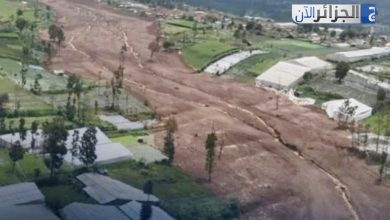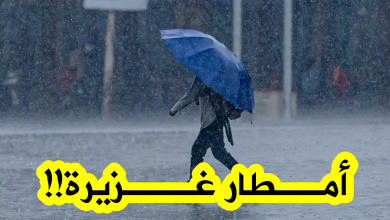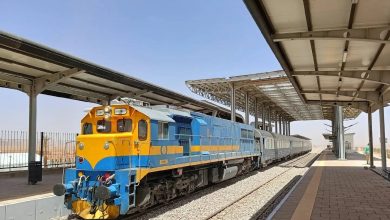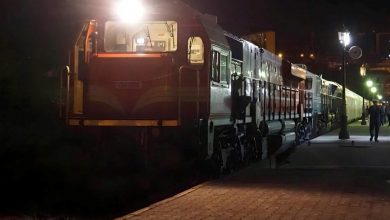A recent United Nations Security Council resolution has reinforced the long-standing principle of self-determination for the people of Western Sahara, according to a leading human rights observatory. The resolution, passed in late October, underscores the UN’s historical objective of achieving a political solution that guarantees this fundamental right.
The International Observatory for Monitoring Natural Resources in Western Sahara stated in a report published on its website that the core of the UN’s debate on Western Sahara remains focused on the Sahrawi people’s right to self-determination. The report highlights that Morocco has been attempting to obscure this right for decades.
The Observatory further noted that the UN had, in the 1990s, compiled a census of eligible voters for a planned referendum, a process that was subsequently obstructed by Morocco. This voter registry is currently held in Geneva and in refugee camps.
The resolution explicitly urges all parties to engage in negotiations without preconditions. The aim is to reach a mutually acceptable and lasting political solution that ensures the right of the Sahrawi people to self-determination.
The language used by the Security Council is clear, the report argues. The resolution does not recognize Moroccan sovereignty over Western Sahara, nor does it preclude the possibility of independence for the territory. Legal experts have confirmed that Resolution 2797 cannot be interpreted as a departure from the peremptory norm of self-determination.
Sylvia Valentin, head of the organization monitoring natural resources in Western Sahara, emphasized that the core issue remains unchanged, regardless of attempts to circumvent it. She stated that international law is unequivocal and that no party can legitimize the occupation of non-self-governing territories or invalidate an inalienable right such as the Sahrawi people’s right to self-determination. Any deviation from this path, she warned, would set a dangerous precedent that undermines the UN system.




